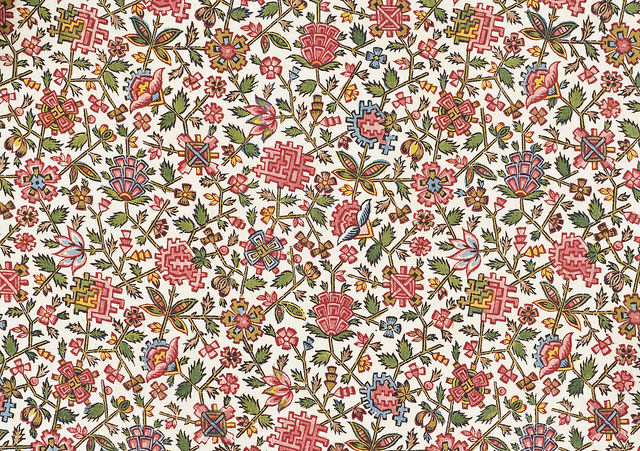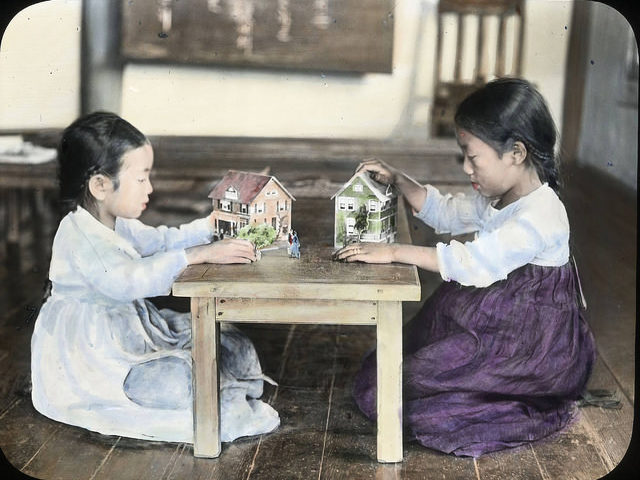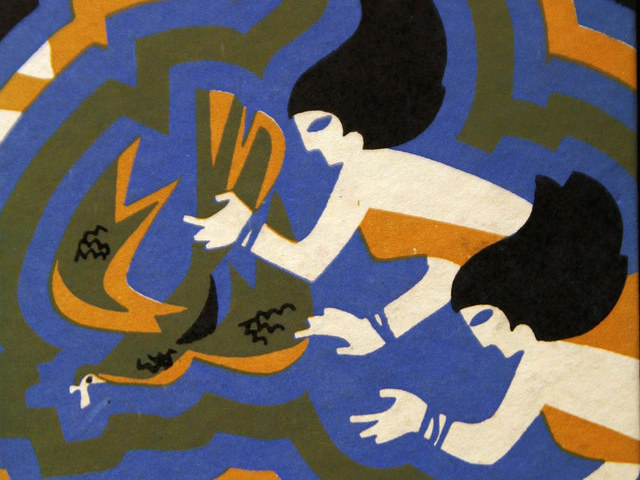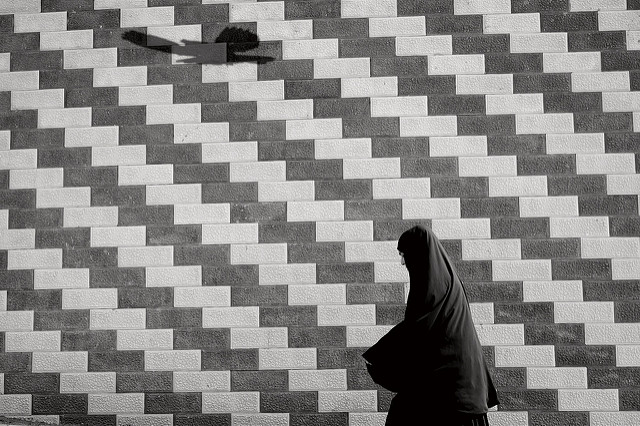Patty Yumi Cottrell on the abyss, Leland Cheuk on battling cancer, and former Margins fellow Wo Chan on fashion and the body.

October 6, 2017
Last week, our roundup links focused on creating spaces and keeping them there when insiders try to take over. This week we’re focusing on being seen, by ourselves, by society, by our family: Sally Wen Mao writes about the constant shifting of external comfort for belonging and safety, Leland Cheuk delves into a conflicted relationship with his mother and her constant criticism, and Patty Yumi Cottrell writes about Fiona Apple and the abyss.
Wo Chan: Drag, Poetry, and Emotional Survival by Anna Rae
Wo Chan, poet, performer, and former Margins fellow, talks about their writing, fashion and politicizing drag.
“It occurs to me that I was always being watched. You have to act a certain way around clients or customers all the time. That’s probably not something that a lot of folks who had their own room growing up from a very young age would have to think about or deal with.”
A Young Japanese Photographer’s View of Harlem in the Nineties by Rebecca Bengal
Japanese newcomer Katsu Naito came to New York in the 90’s, learning how to see and be seen in his new neighborhood. After proving himself a neighbor, he asks permission to take portraits of the people around him resulting in a series of striking, nostalgic photographs.
For months, Naito spent his days off walking up and down Lenox Avenue, with either his Nikon F3, or his Leica CL, or, later, his Pentax 67 slung over his shoulder, but he didn’t take any photos. When he bought a small tripod for the Pentax, he carried that in plain sight, too, continuing his rounds without once clicking the shutter. Gradually, he began noticing the same faces in the same spots. Eventually, they began to recognize him. Now the neighborhood kids asked what he was up to. Oh, you’re from here, they said. When Naito worked up the courage to ask if he could take his neighbors’ pictures, no one turned him down.
Beasts of the Chase by Sally Wen Mao
Known for her poetry, Sally Wen Mao bends between genre to blend essay and fiction together in a tale of forming and breaking identity. She keenly captures the constant exhaustion of existing in a world’s where she is always prey or imposter in a story that dips in and out of time, space, and reality.
And just when she ran out of desire to run, she had an idea. She would shapeshift even better with a costume. She tore at the hound’s fur until she carved a new skin. Inch by inch, claw by claw, she entered the hound, made a coat out of her hunter. This new skin—this new identity—would be her hideout, for now.
What a Forgotten Kids’ Book Reveals About U.S. Publishing by Pooja Makhijani
Who was Dhan Gopal Mukerji? The children’s author won the Newberry Award in 1928, becoming the first person of color to win the award—and was forgotten in an onslaught of anti-immigration law and the structures to follow.
The effects of that 1965 bill’s passage were profound, influencing the flow of immigrants to the United States, the country’s demographic profile, and ultimately its cultural output. A provision in the Immigration and Nationality Act gave preference to professionals with skills in short supply in the United States, so “when [immigration] got started again, South Asian people didn’t come to the United States to become writers; they came to be engineers and doctors,” Krishnaswami said.
Hunted by Laura Chow Reeve
On mirrors, on knowing, on learning to see the self under others’ eye, Laura Chow Reeve achingly recounts the experience of self-identification in love.
“It’s not good for young girls to look at themselves in the mirror,” she said. “You’ll get lost in there.” I was standing in front of the bathroom mirror. It was freckled with dust and water spots. She stood by my side, and I wondered if she was looking for herself in my features. Do all parents notice the stark halfness of their children, or was it more noticeable for my mother? Did her Chinese genes invade my father’s white ones or did his colonize hers? I decided then that it was the latter; I was learning that’s how the world worked. My mom pointed at us. “There is nothing real in there,” she said.
“Let Me Pass Away”: When Your Mother Blames You for Your Cancer Diagnosis by Leland Cheuk
Leland Cheuk recounts a long and consistent struggle to be seen, heard, acknowledged by his mother, particularly during his cancer diagnosis. He explores his dynamic with his mother and that relationship of trying to love each other in all the wrong ways.
She gasped for air between sobs and rants, and I regretted losing my temper. But I refused to be moved by my mother’s ploys to guilt me—her most effective maternal skill. “I’m trying to be a better son,” I said, my voice level. Be as honest and sincere as possible, I thought. The bone marrow transplant had saved my life just six months before, and I wasn’t going to waste the new time I’d been given pretending anymore. “You just make it hard,” I said. “You never say anything good about me—about anyone, or anything. Sometimes I just want to hear something good.”
My Abyss by Patti Yumi Cottrell
In the awkward and hateful space of adolescence, most find that one artist who understands us, knows us—for Patty Yumi Cottrell, that artist was Fiona Apple. That obsession carries over into the dangerous territory of self-identification in the illusion of another person, a refusal to see the self for want of the idol.
My mother never understood my obsession. She had never been obsessed with anything in her life, not even a man. She lived plainly, simply, religiously, and she never told lies. It was obvious she thought I was depressed and crazy. She kept asking me if I wanted to talk to a counselor. “It seems like you’re really unhappy, Patty. Are you unhappy? If you talked to a counselor, your mood might improve.” She never said the word therapist. She always utilized the word counselor, as if the counselor were a trusted family friend. The fact that she thought I needed to talk to a counselor because I was depressed and crazy made me even more depressed and crazy. “I don’t need a counselor,’ I said to her. “What I need is privacy.”



